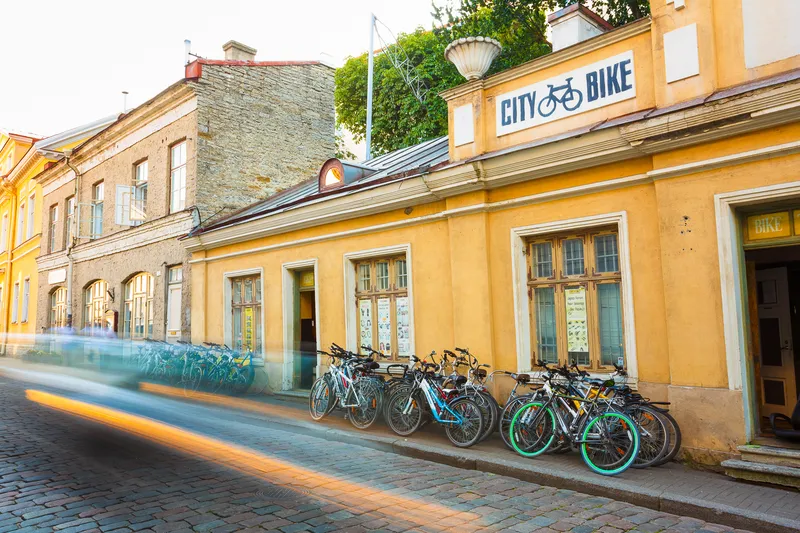Bikeplus, the UK national representative body for bike share, is calling for the inclusion of three key points in the new government cycling and walking strategy as part of a number of measures to encourage the take-up of cycling.
These are: A greater emphasis on improving access to cycles through public bike share schemes, pool bikes, hire bikes, loans and ‘try out’ loans; A recognition of the role of technology in expanding the market for cycling. This includes electric bikes, bike share docking soluti
May 17, 2016
Read time: 2 mins
Bikeplus, the UK national representative body for bike share, is calling for the inclusion of three key points in the new government cycling and walking strategy as part of a number of measures to encourage the take-up of cycling.
These are: A greater emphasis on improving access to cycles through public bike share schemes, pool bikes, hire bikes, loans and ‘try out’ loans; A recognition of the role of technology in expanding the market for cycling. This includes electric bikes, bike share docking solutions and Mobility as a Service tools; a widening of the reference to cycling and public transport to include bus travel and other flexible solutions offered by all bike share operators at interchanges.
According to Bikeplus, the evidence for city bike share schemes is overwhelming. Bike share gets people cycling, and encourages people to buy bikes and return to cycling. By providing low cost, simple to use bikes in cycle-friendly places, a new audience can be encouraged to get in to the saddle.
Bikeplus claims that research by Smart ebikes indicates that electric bikes are encouraging women and older people to both take up cycling and to ride more frequently; 76 per cent of people who had tried an electric bike said they would cycle more if they could access an electric bike.
Antonia Roberts, Bikeplus manager, said: “Bike share schemes get people cycling, and electric bikes get even more people cycling. The new Government strategy for cycling needs to highlight the importance of enabling people to access bikes through the provision of shared bikes schemes and the need to accelerate electric bike take-up. Many people cannot afford to take the step into bike ownership and even more are discouraged by the price of electric assist cycles; by offering them for loan or hire in workplace and community, bike pools overcome a huge barrier. This issue needs to be addressed alongside the development of attractive infrastructure.”
These are: A greater emphasis on improving access to cycles through public bike share schemes, pool bikes, hire bikes, loans and ‘try out’ loans; A recognition of the role of technology in expanding the market for cycling. This includes electric bikes, bike share docking solutions and Mobility as a Service tools; a widening of the reference to cycling and public transport to include bus travel and other flexible solutions offered by all bike share operators at interchanges.
According to Bikeplus, the evidence for city bike share schemes is overwhelming. Bike share gets people cycling, and encourages people to buy bikes and return to cycling. By providing low cost, simple to use bikes in cycle-friendly places, a new audience can be encouraged to get in to the saddle.
Bikeplus claims that research by Smart ebikes indicates that electric bikes are encouraging women and older people to both take up cycling and to ride more frequently; 76 per cent of people who had tried an electric bike said they would cycle more if they could access an electric bike.
Antonia Roberts, Bikeplus manager, said: “Bike share schemes get people cycling, and electric bikes get even more people cycling. The new Government strategy for cycling needs to highlight the importance of enabling people to access bikes through the provision of shared bikes schemes and the need to accelerate electric bike take-up. Many people cannot afford to take the step into bike ownership and even more are discouraged by the price of electric assist cycles; by offering them for loan or hire in workplace and community, bike pools overcome a huge barrier. This issue needs to be addressed alongside the development of attractive infrastructure.”








